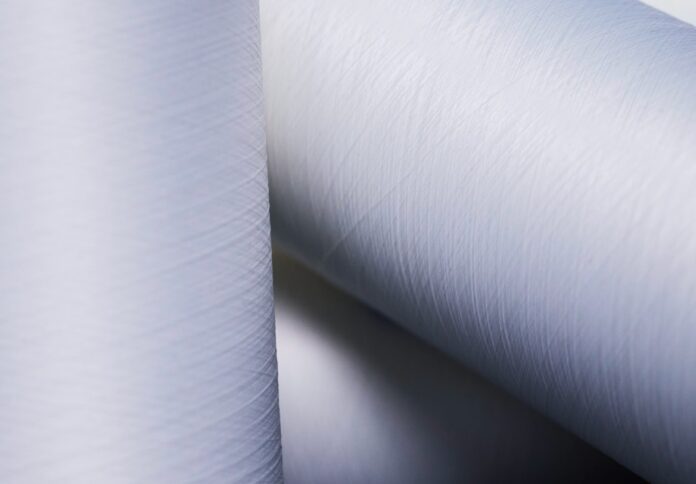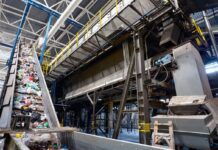
Samsara Eco, a climate tech pioneer, has developed new enzymes capable of recycling nylon 6, a synthetic fibre widely used in apparel, hosiery, and automotive industries.
This advancement builds on Samsara Eco’s existing technologies, which enable the infinite recycling of nylon 6,6 and polyester, offering a solution to reduce waste and eliminate reliance on virgin plastics derived from fossil fuels.
The announcement comes as the world grapples with the environmental toll of textile waste, with two-thirds of the 3.25 billion tonnes of textiles produced annually ending up in landfills or incinerators.
Date reported by the company shows less than 1 per cent of textiles are currently made from recycled materials.
Samsara Eco’s innovation aims to disrupt this trend, providing a pathway for brands to reuse existing materials and reduce dependency on fossil fuels.
The newly developed enzymes can break down nylon 6 into its original building blocks, allowing the material to be reused indefinitely without quality loss.
This breakthrough was achieved using Samsara Eco’s proprietary enzyme design platform, which enables precise and efficient plastic breakdown at scale.
Paul Riley, CEO and founder of Samsara Eco, emphasised the significance of this development:
“The current take-make-waste economy is incredibly damaging to our planet. We must reduce our reliance on carbon-intensive fossil fuels and instead, use what’s already in circulation,” he noted.
“Our latest breakthrough makes it possible to believe future textiles will be made from waste and excess, not fossil fuels.”
Riley highlighted the potential impact on the fashion and textile industry:
“Our ability to recycle nylon 6, nylon 6,6, polyester, and mixed fibres, including coloured and dyed blends, is a gamechanger for the textile and fashion industry.“
He added, “Apparel is very rarely made from a single fibre, so being able to recycle mixed fibres is the only way we can create true circularity for the industry.”
The achievement follows rigorous research and successful lab and bench-scale testing. Samsara Eco plans to collaborate with partners in textiles and automotive industries—where nylon 6 is heavily used—to trial the new enzymes on products and blended materials.
This work will be conducted at Samsara Eco’s upcoming innovation campus in Jerrabomberra, New South Wales, set to open mid-2025.
The facility aims to further accelerate solutions to the plastics and textile waste crises.
Riley noted the growing push for sustainability across industries, driven by incoming regulations:
“Industries are becoming increasingly mindful of the entire lifecycle of their products and their carbon impact. We’re providing a way to address both concerns with a real scalable textile-to-textile recycling solution,” he concluded.


















